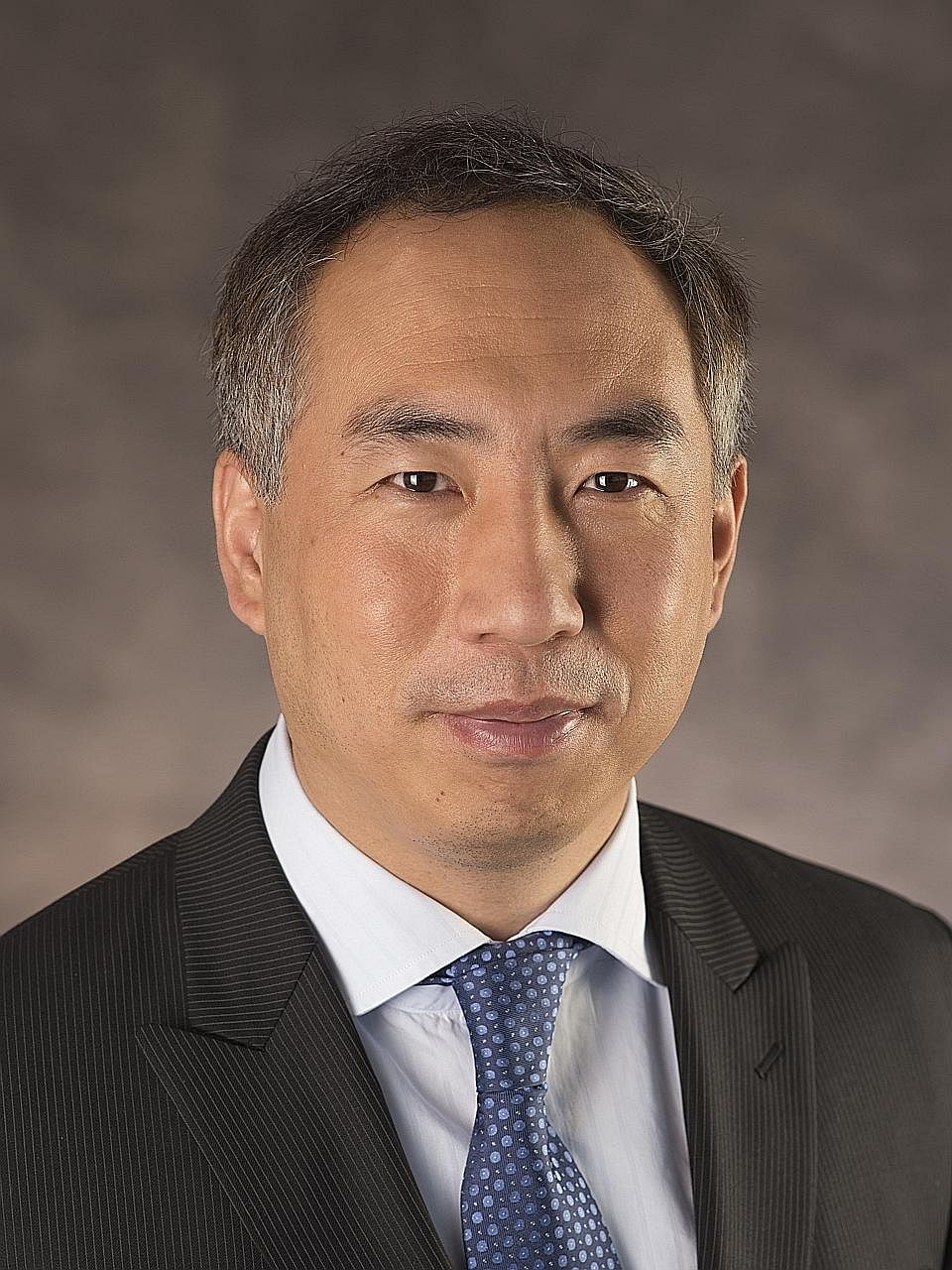The annual general meeting (AGM) season is almost upon us as companies finish delivering their year-end results.
What has been heartening about recent AGMs is the big jump in the number of shareholders turning up - a response to investor-friendly moves such as changes to the Companies Act to enable CPF holders to attend meetings, ask questions and vote on resolutions.
Yet for all these small players' efforts to ask probing questions at AGMs, it is next to impossible for them to make any meaningful changes on sensitive issues such as executive pay, even if they want to.
This is because as a disparate group, they seldom speak with one voice on any issue.
Besides, individual ownership in listed firms - like elsewhere in the world - is on the decline as the structure of companies shifts from direct ownership to intermediary ownership by professional fund managers.
Hence, when things come off the rails and there is a need to elect new directors or put pressure on management, investors have to rely on fund managers to take the lead because their houses are usually among the biggest shareholders.

But fund managers are often accused of failing to step up to the role of policing the companies while often voting in support of proposals so as not to damage the relationship they may enjoy with management.
And if they encounter any problems, the perception is that they would rather vote with their feet and sell the shares of companies embroiled in corporate scandals.
In much larger markets such as the United States and Britain, there is a further worry.
More and more people are flocking to place their money with exchange-traded funds (ETFs) and avoiding the actively managed ones run by human stock-pickers that charge a higher management fee.
One concern arising from this changing preference among investors for ETFs is that the managers of these funds may not have as much incentive as those of actively managed ones to push companies to behave better.
This is because they often invest in companies not because they want to put money in them but because shares of these firms form the baskets of stocks that they track.

And the fear is that as more and more money finds its way into ETFs, which are trying to replicate stock indexes, companies may face less scrutiny from such passive fund managers. That would be bad for corporate governance practices.
As it is, some stock pundits ask if one of the unintended consequences of the emergence of passively managed funds is the increasing proliferation of companies using a dual-class share structure, which gives more voting rights to certain shareholders.
They argue that this is because company bosses know that there will be lots of investors - especially those running passively managed funds - who would be forced to buy their stocks if their firms are big enough to be included in widely tracked stock indexes.
The bosses in turn take advantage of the perceived reluctance of such investors to exercise corporate stewardship over their investments. So they see no reason to give shareholders more say over how their companies should be managed - or how their corporate governance practices could be improved.
Also, in major markets such as New York and London, up to half of the daily trades are now transacted by a newer group of investors - high-frequency traders and hedge fund short-sellers.
Since their ownership in a stock may last only a matter of minutes or even seconds, the worry is that sound corporate governance practices will take a back seat as these investors have even less of an incentive to exercise whatever ownership rights they may enjoy.
Against this plethora of concerns, I asked fund managers during a panel discussion organised by Yale-NUS College if the growing popularity of ETFs would lead to an erosion in good corporate governance.
The answer was a resounding no. Panellists argued that whether a fund is actively or passively managed, the fund management house owes it to its clients to make sure that the companies it invests in are soundly managed.
In fact, passive funds have a greater incentive to monitor corporate governance risks.
This is because unlike active managers, who can easily sell off the shares if they are not comfortable with management, ETF managers cannot offload their positions as long as the stocks they hold are still part of the index.
One panellist, Dr Peng Chen, noted that passive investing does not boil down to passive share ownership.
Dr Peng, the chief executive for Asia ex-Japan of US-based Dimensional Fund Advisors, which manages over US$460 billion (S$649 billion) in assets, said: "As an investor, you have got to make sure that the company is doing the right thing. If you are not doing that, you should not own the stock.
"You are the owner and you have to take care of your own interests."
At his firm, this means having a large team addressing corporate actions such as mergers and acquisitions on behalf of clients and looking at issues like executive pay.
The same observation would hold true for other big fund- management firms such as BlackRock and Vanguard, noted another panellist, Mr Freddy Lim, the co-founder of StashAway, a digital wealth-management firm.
These giant providers of index-tracking funds have been stepping up efforts to boost their corporate governance resources in recent years, he added.
But efforts to galvanise investors to participate more actively in policing the companies they invest in may come from an unlikely quarter - the decision by the founders of the US-based mobile messaging app Snapchat to launch an initial public offering that will sell shares which give investors no voting rights at all.
This has led to considerable soul-searching in the financial media as to whether the pendulum has swung too much to the other extreme in denying investors a say in the running of a company.
Indeed, this may energise investors to value their voting rights more and look into ways to persuade companies to adhere to the one-share-one-vote norm - leading to sounder corporate practices for all concerned.


